A drought is an extended period of months or years when a region notes a deficiency in its water supply. Generally, this occurs when a region receives consistently below average precipitation. It can have a substantial impact on the ecosystem and agriculture of the affected region. Although droughts can persist for several years, even a short, intense drought can cause significant damage and harm the local economy.
This global phenomenon has a widespread impact on agriculture. The United Nations estimates that an area of fertile soil the size of Ukraine is lost every year because of drought, deforestation and climate instability. Lengthy periods of drought have long been a key trigger for mass migration and played a key role in a number of ongoing migrations and other humanitarian crises in the Horn of Africa and the Sahel.
Drought is a normal, recurring feature of the climate in most parts of the world. It is among the earliest documented climatic events, present in the Epic of Gilgamesh and tied to the biblical story of Joseph’s arrival in and the later Exodus from Ancient Egypt. Hunter-gatherer migrations in 9,500BC Chile have been linked to the phenomenon, as has the exodus of early man out of Africa and into the rest of the world around 135,000 years ago. Modern peoples can effectively mitigate much of the impact of drought through irrigation and crop rotation. Failure to develop adequate drought mitigation strategies carries a grave human cost in the modern era, exacer-bated by ever-increasing population densities. Recurring droughts leading desertification in the Horn of Africa have created grave ecological catastrophes, prompting massive food shortages, still recurring.
This book will be of immense help to all those contemplating to acquire an expert knowledge of droughts, famine, deserts and desertification.
ABOUT THE AUTHOR Gurusamy Gandhi
Dr. Gurusamy Gandhi is a renowned expert in the areas of applied agriculture, insurance business and veterinary science. He has served in the public sector insurance companies for more than 35 years. Presently, he is the Director at the Indian Institute of Applied Agriculture. Dr. Gandhi has designed a Masterplan Paradigm for sustainable agriculture with a view to bringing productivity in agricultural systems and services. Dr. Gandhi has received many awards and appreciations at the national as well as international levels. He has also participated in different congresses and conventions in India.
ABOUT THE AUTHOR M.L. Dewan
Madan Lal Dewan (Ph.D., Cornell, 1948), a soil scientist and watershed management expert by profession and a veteran Rotarian, has a distinguished career as an international Civil Servant with Food and Agricultural Organization.A very dedicated social worker, he has been working with and for the people of Uttarakhand and the Himalayas for the last 25 years. Dr. Dewan has done significant work at policy level. He was the Visiting Professor and Coordinator of Himalayan Eco System Programme with Centre for Policy Research, New Delhi and member of The National Land Use and Conservation Board of Government of India, 1984-87. He is the founder of HIMCON. He has given lead to Action Program by students, volunteers, farmers and farm women for tree planting, water harvesting & watershed management program. He has established a centre in Himalayas. People’s Participation and Rejuvenation of Himalayas Environment, Uttaranchal Vision and Action Program and 15 other books are amongst his published works. He has co-authored with Prof. M.R. Chilana a book “Human Value: A Task for All”. He is President of Mountain India People Forum (MIPF) and also President of Global Warming Reduction Centre (GWRC).

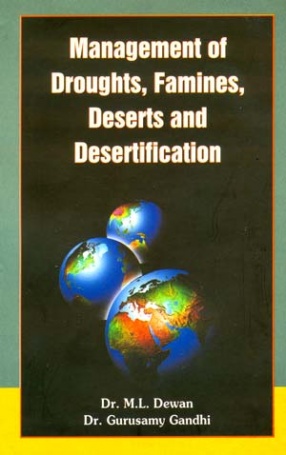
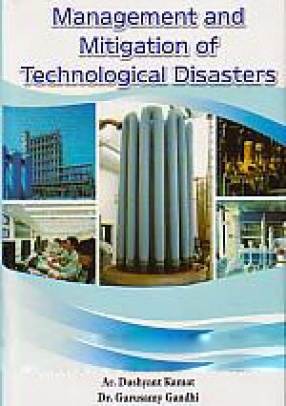

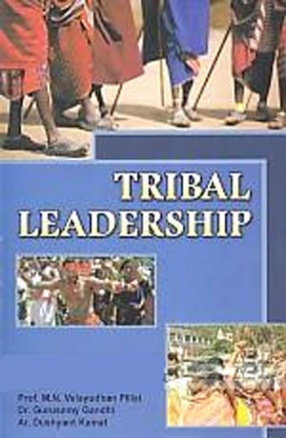
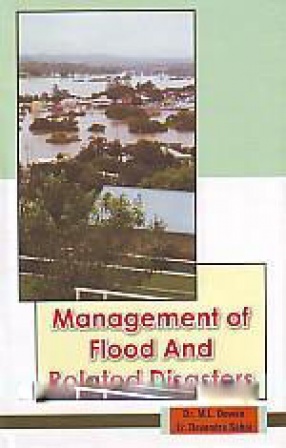
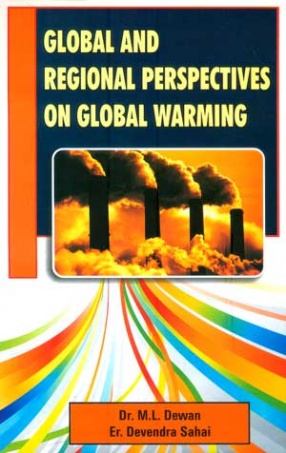
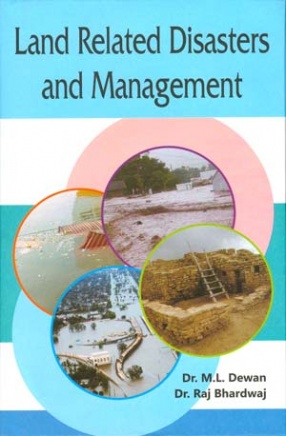
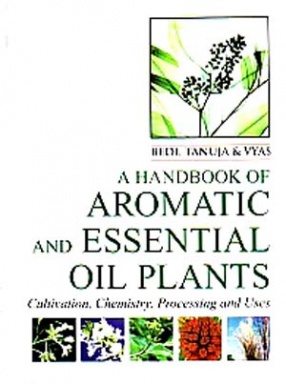
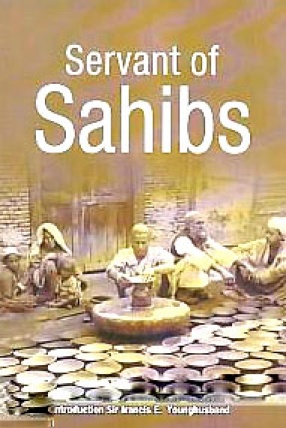
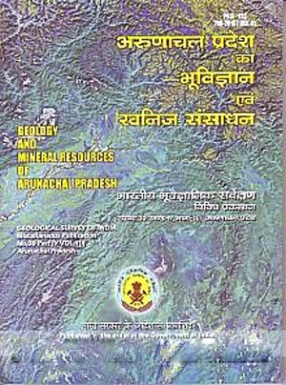
There are no reviews yet.